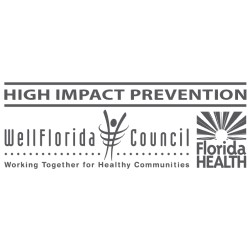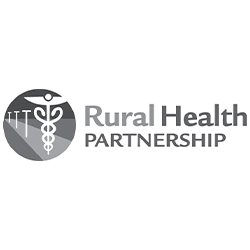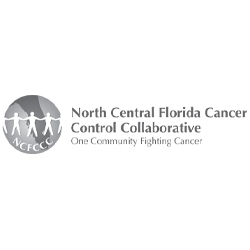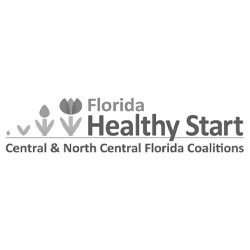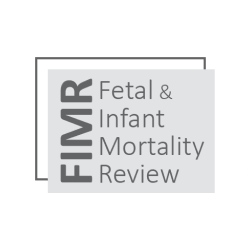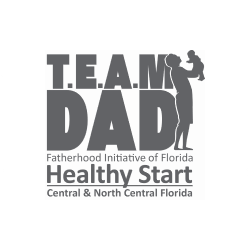Summit aims at snuffing out teen interest in e-cigs
Gainesville Sun
By Kristine Crane
Google e-cigarettes and celebrities and you’ll see glam shots that seem to glorify smoking the “harmless” new type of cigarette.
The problem is, electronic cigarettes aren’t harmless, experts told an audience Tuesday of about 60 people — mostly health care professionals in rural North Central Florida — at a tobacco summit in Lake City.
The sixth-annual gathering, which was organized by the Suwannee River Area Health Education Center and other partners, focused in part on e-cigarettes and youth addiction.
According to the Florida Youth Tobacco Survey, 3.5 percent of high schoolers were e-cigarette users in 2012, up from 3.1 percent in 2011.
Dr. Barry Hummel, a pediatrician who established the Quit Doc Research and Education Foundation in 2006 to work on youth tobacco and prevention, said the celebrity shots and other ads make e-cigarettes acceptable.
“It undoes years of hard work by having (cigarettes) back in public view,” Hummel said.
The availability and advertisement of e-cigarettes also makes it harder for people who are trying to quit smoking, he added. That’s because e-cigarettes are pitched as a safe and convenient alternative.
“The moments of inconvenience are actually what make people give (smoking) up altogether,” he said.
But countering both the advertisements, as well as the gadgets themselves (some e-cigarettes now come equipped with telephones and MP3 players) is going to be tough, particularly to win over a teen audience, Hummel said.
However, e-cigarette opponents have one weapon, he added.
“If I can teach teens that they are being manipulated (by the e-cigarette industry), they get angry,” he said.
It took years of data on the harmful effects of tobacco to launch a successful anti-smoking campaign, he continued. “I don’t have years of data to show how bad (e-cigarettes) are. So manipulation becomes the strongest message.”
The reality is that so far, there is only anecdotal evidence that e-cigarettes may be harmful: the rare instances when they’ve blown up in peoples’ faces, causing them to lose teeth and parts of their tongue are at the extreme of what experts suspect may be more chronic damage, not just to smokers, but second-hand smokers.
That’s because e-cigarettes do contain some nicotine: in the liquid that an atomizer heats up, turning it into vapor.
The nicotine amounts that e-cigarettes contain vary, as does the labeling on e-cigarettes, since they have little regulatory oversight, said Kathy Nichols, the associate director of the University of Florida Area Health Education Centers Program.
The FDA has issued a warning about the potential health risks associated with e-cigarettes, but they are still considered a tobacco product (instead of a drug-delivery system), meaning they are regulated much less than they would have been as a drug-delivery system, Hummel said.
“A box of Kraft Macaroni & Cheese in a convenience store is more regulated than tobacco products,” he said, explaining that the product label for the mac n’ cheese is far more extensive than content labels for e-cigarettes, which apart from nicotine, may contain other harmful substances.
Propylene glycol is one example, which is approved as a food additive and present in flavorings but is not safe to inhale in the form of fruit-flavored e-cigarettes, Hummel continued.
However, Hummel added that it will likely take 10-20 years for these health problems — namely pulmonary and cardiovascular ailments — to emerge.
Second-hand e-cigarette smoke can be harmful as well, since the nicotine gets vaporized, increasing the risk of heart attacks, he said.
“Why is it not incumbent upon the industry to prove that they are safe enough to introduce in the environment?” Hummel said.
“Why is it incumbent on public health experts to prove (e-cigarettes) are bad and get them out of the environment?”
The 6th Annual Rural Tobacco Summit: Addiction, Tobacco & E-Cigarettes—A Clinical Update was sponsored by Suwannee River AHEC, Lake Shore Hospital and North Central Florida Cancer Control Collaborative
Back to News page
